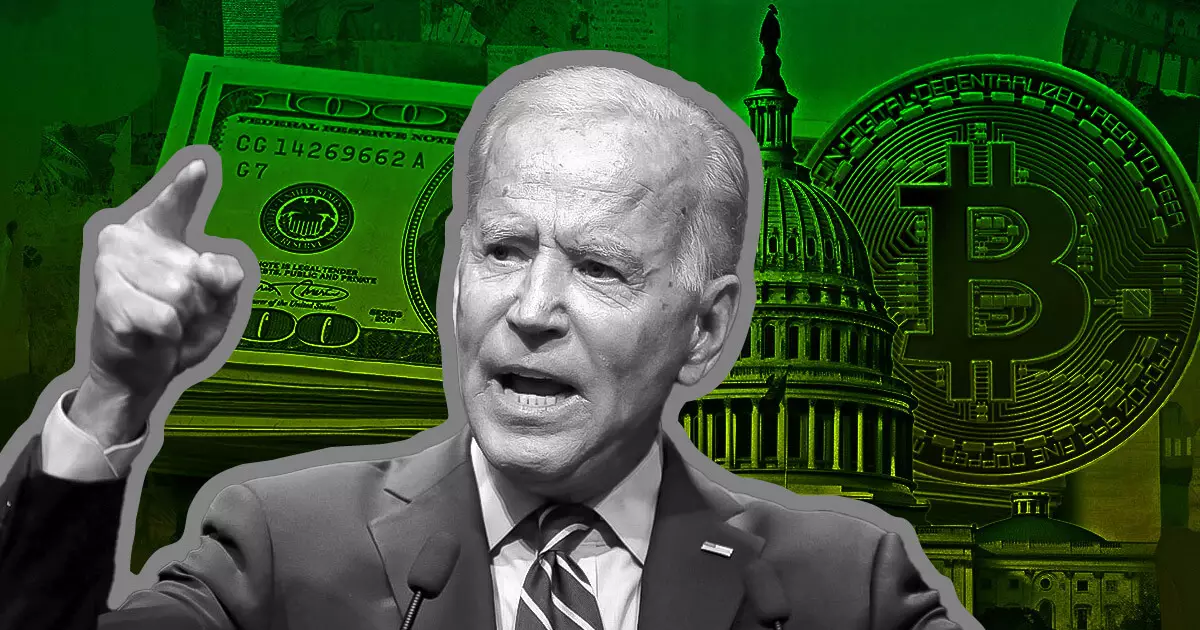President Joe Biden recently vetoed H.J. Res. 109, a move that sparked debate and controversy among lawmakers and financial institutions. Biden defended his decision by stating that the Securities and Exchange Commission’s SAB 121 rule is essential in protecting the public and ensuring the well-being of consumers and investors. He emphasized the rule’s importance in allowing the SEC to address future risks and maintain authority over accounting practices. Despite Biden’s justification, his veto has divided opinions among lawmakers and industry experts.
In his veto statement, President Biden highlighted the party divide by referring to H.J. Res. 109 as a “Republican-led resolution.” This sparked outrage among lawmakers who supported the resolution, claiming it was a bipartisan effort. However, voting records indicate strong Republican support for the bill, with Republican lawmakers accounting for the majority of yes votes in both the Senate and the House of Representatives. The division over the veto reflects broader tensions within Congress regarding financial regulations and transparency.
The controversy surrounding SAB 121 extends beyond the veto itself, with conflicting views on the rule’s impact and effectiveness. Supporters of overturning SAB 121, such as Congressman Patrick McHenry, argue that the rules are overly restrictive and lack proper oversight. They criticize the SEC for bypassing established procedures and failing to consider industry feedback. On the other hand, Democratic Senator Elizabeth Warren maintains that SAB 121 is less restrictive than critics suggest, asserting that it is necessary for safeguarding customer assets.
President Biden’s veto does not provide a definitive solution to the issues raised by SAB 121. Instead, it underscores the need for a comprehensive and balanced regulatory framework that promotes innovation while ensuring consumer protection. Biden has vowed to work with Congress to develop such a framework that builds on existing authority. Industry stakeholders, such as the American Bankers Association, advocate for modifications to SAB 121 rather than a complete overturn, signaling a willingness to engage in constructive dialogue on the issue.
The controversy surrounding President Biden’s veto of H.J. Res. 109 highlights the complex and nuanced nature of financial regulations in the United States. As debates continue and tensions persist, the need for collaboration and compromise among lawmakers and industry stakeholders becomes increasingly apparent. Only through constructive dialogue and thoughtful legislation can the challenges posed by SAB 121 and similar rules be effectively addressed.

